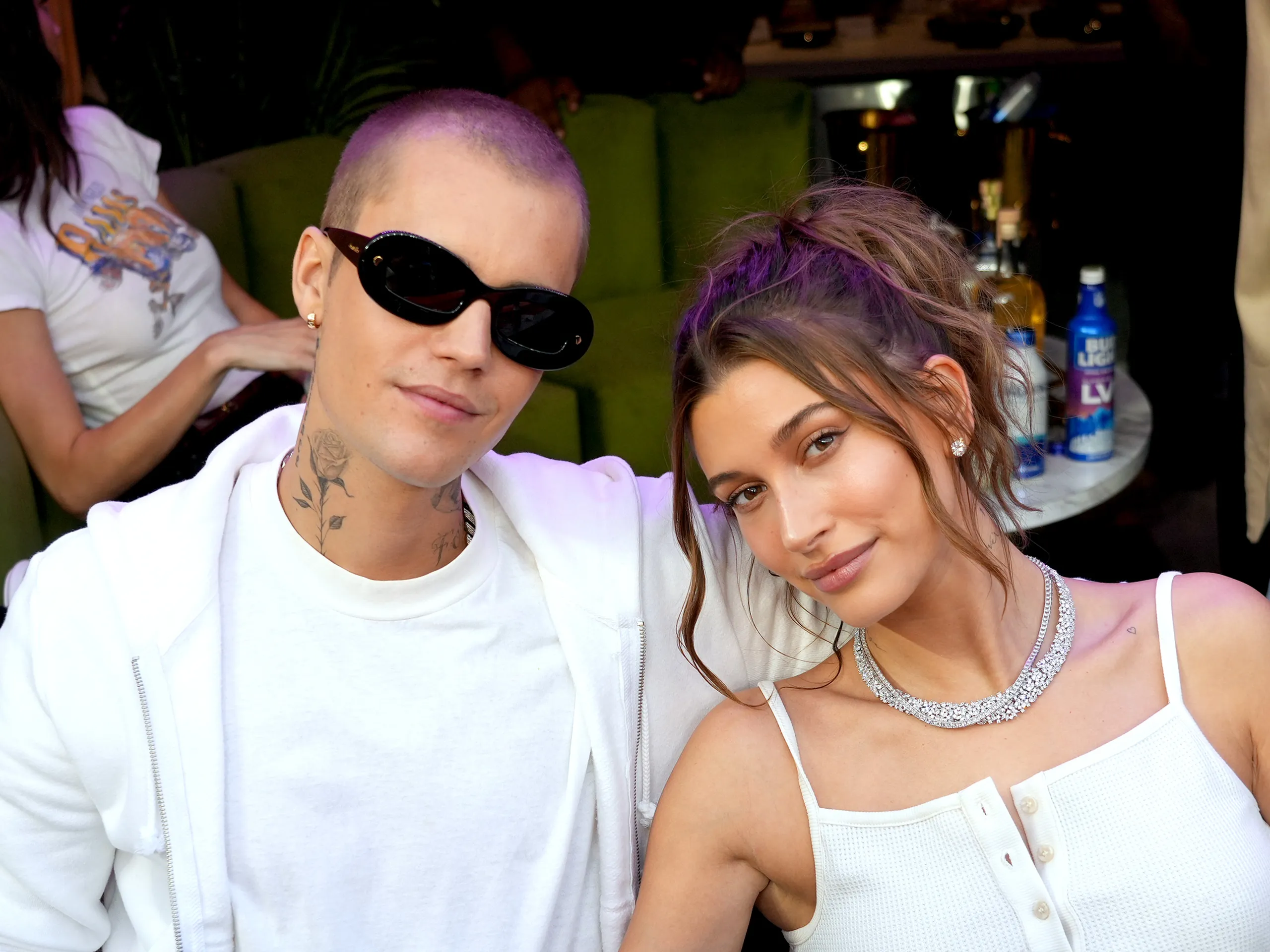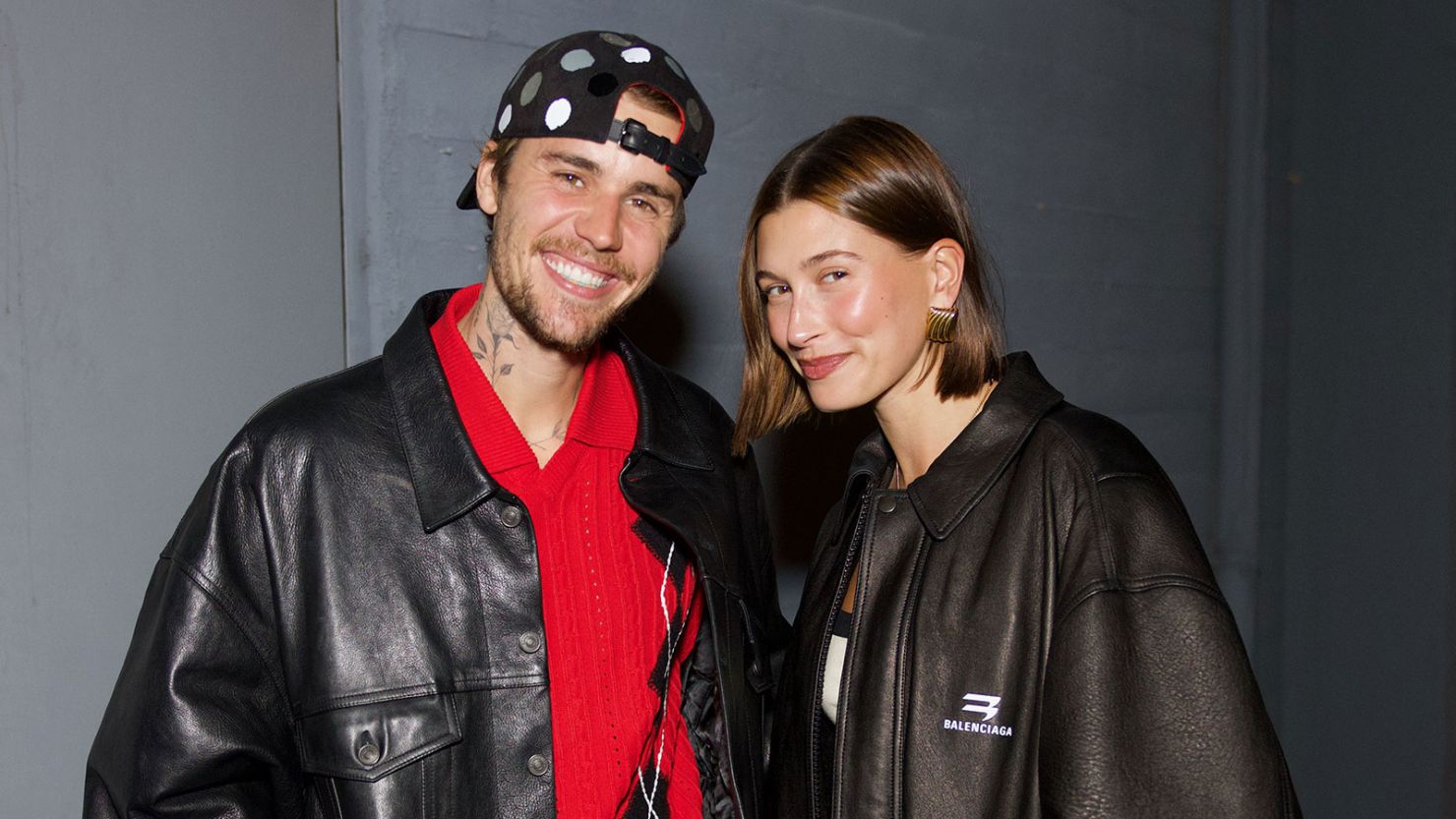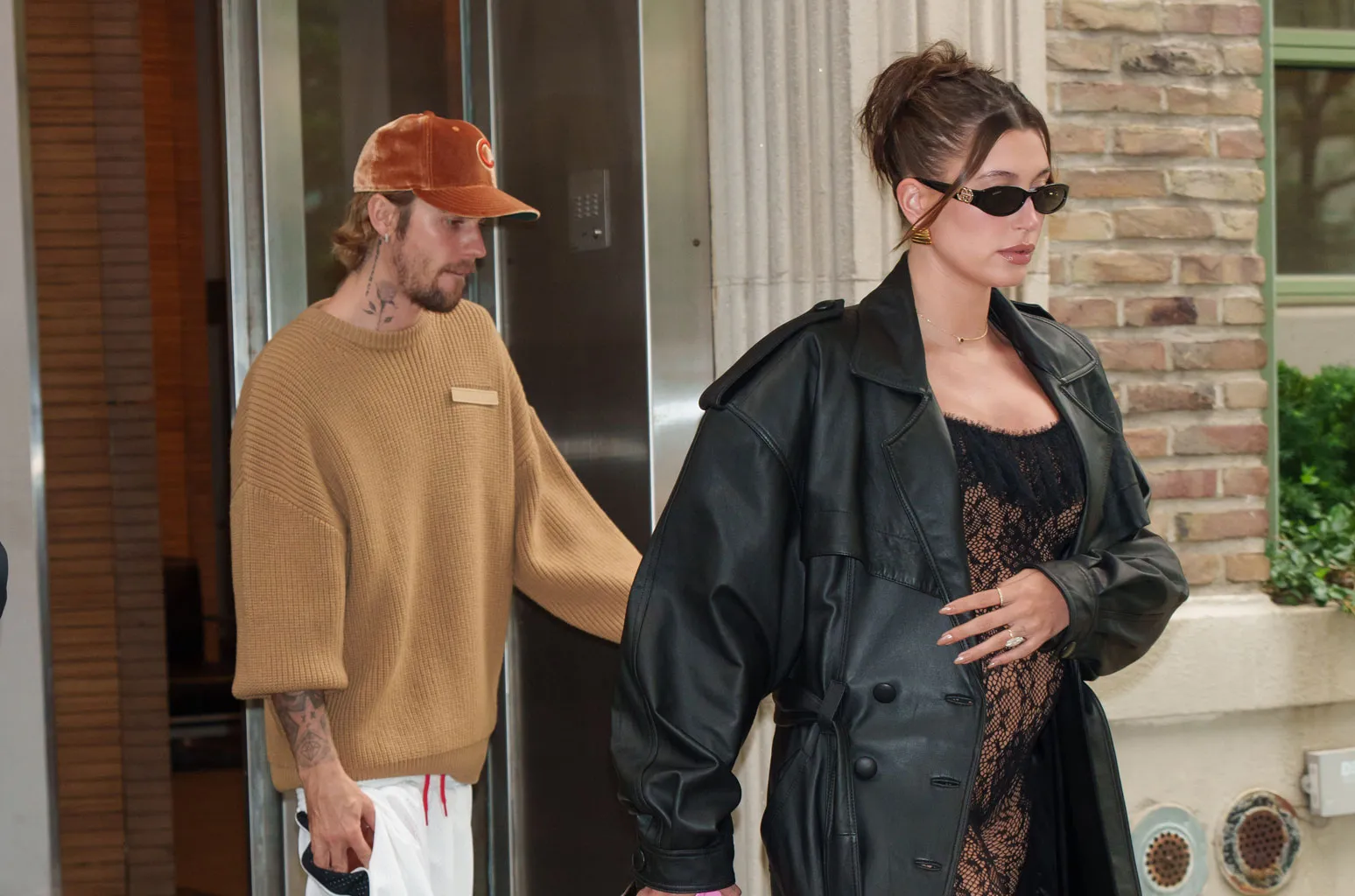In the whirlwind of Hollywood, few topics ignite as much debate as nepotism. The term “nepo baby,” coined to describe the children of celebrities who benefit from their parents’ fame, has recently surged into the spotlight, reigniting discussions about privilege in the entertainment industry. At the center of this storm is Hailey Bieber, who has made headlines for flaunting her status in a rather provocative way—by wearing a shirt emblazoned with the phrase “Nepo Baby.”

The Nepotism Debate Intensifies
The discourse surrounding nepotism has been amplified by Vulture’s recent feature, The Year Of The Nepo Baby. This insightful piece not only chronicles the rise of nepo babies in Hollywood but also prompts many to reflect on the implications of such advantages. Hailey Bieber, the wife of pop superstar Justin Bieber and daughter of actor Stephen Baldwin, has now entered this heated conversation, albeit quietly, with her bold fashion choice.
On January 6, as she stepped out in a casual outfit consisting of blue jeans and a white cropped T-shirt, the world was quick to notice her choice of apparel. The “Nepo Baby” statement across her chest was not merely a fashion statement; it was a declaration of her awareness and acceptance of her background. However, this bold statement was met with backlash from social media users who questioned her judgment.
Social Media Outcry: A Backlash of Epic Proportions
Despite Hailey’s apparent confidence in owning her title, reactions were overwhelmingly critical. Social media users took to Twitter, calling out her choice to wear the shirt.
“Someone tell her being a nepo baby isn’t a flex.”
Another remarked,
“She thinks this is a serve when it’s in fact an embarrassment.”
The critiques didn’t stop there, with many feeling that her display of privilege was misguided, leading to a flood of comments suggesting that she may have misread the situation.
These reactions highlight a growing awareness of privilege within celebrity culture, particularly among the younger generations. As one Twitter user succinctly put it,

“crying she thought she did something.”
This wave of criticism reveals the public’s discontent with the perceived insensitivity of celebrities who flaunt their advantages, especially in a world grappling with inequality.
A Conversation with Gwyneth Paltrow
Hailey Bieber’s relationship with the topic of nepotism isn’t new. In a previous episode of her YouTube series Who’s in My Bathroom?, she had an enlightening conversation with actress Gwyneth Paltrow, another self-identified nepo baby. Paltrow, who is the daughter of filmmaker Bruce Paltrow and actress Blythe Danner, spoke candidly about her experiences navigating the industry.
During their chat, Paltrow acknowledged the benefits of her famous lineage, saying,
“I think it’s fair. As the child of someone, you get access other people don’t have, so the playing field is not level in that way.”
However, she also emphasized the pressure to prove oneself in an industry rife with skepticism, stating,
“You almost have to work twice as hard to be twice as good.”
Bieber, clearly resonating with Paltrow’s sentiments, expressed gratitude for her guest’s perspective, reinforcing her own understanding of the complexities surrounding fame and privilege. This exchange underscores the dichotomy faced by many nepo babies: the recognition of their advantages versus the undeniable hard work required to maintain their positions in the limelight.
Hailey Bieber’s recent fashion statement may have sparked controversy, but it also highlights a crucial conversation about the realities of nepotism in Hollywood. As the debate continues to unfold, celebrities like Bieber and Paltrow are confronted with the duality of their experiences—acknowledging the privilege they possess while grappling with the challenges that come with public scrutiny.

The fallout from Bieber’s “Nepo Baby” shirt serves as a reminder that in an age of social media, celebrity actions are closely monitored and often criticized. Whether seen as an act of defiance or a sign of poor taste, her choice has undoubtedly amplified discussions around privilege in the entertainment industry, illustrating that even in fashion, the past is never far behind.
